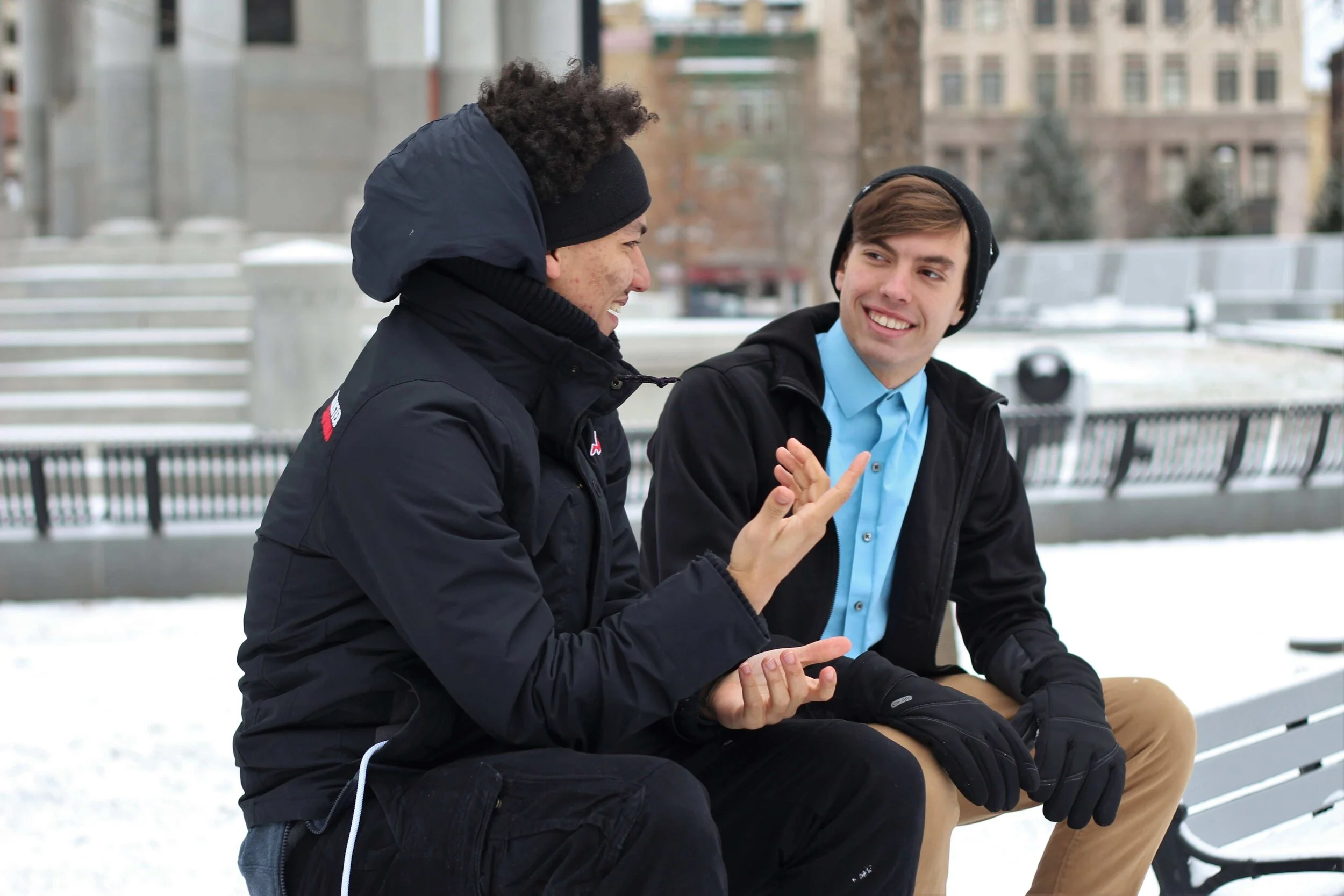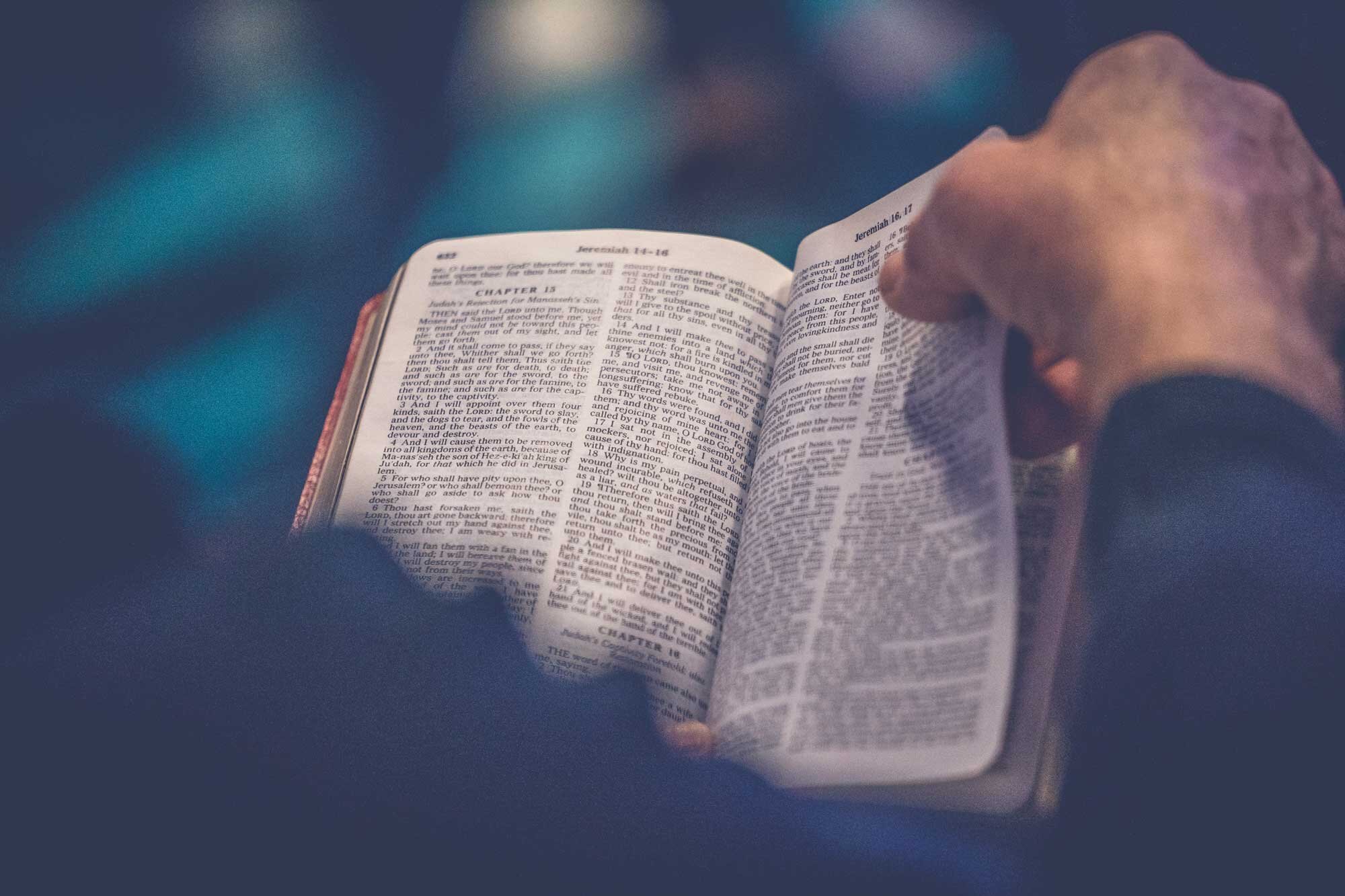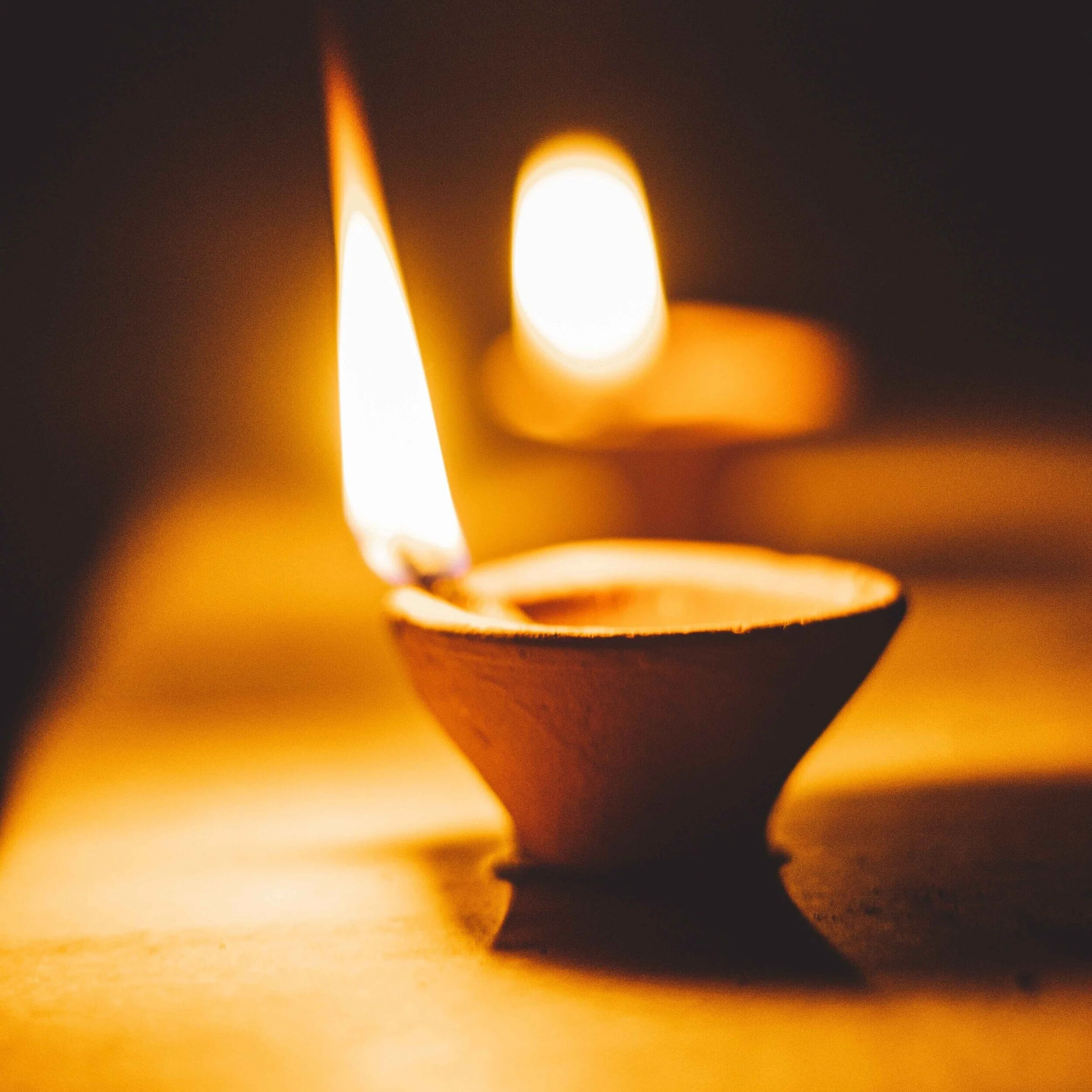Image Unsplash
Day 0 of 30
By Phil Simpson from the Mahabba team
Inspired by today's entry in the 30 Days of Prayer booklet, but with a UK twist!
If you’ve not signed up to receive the daily prompts to your inbox - see here →
Daily verse
“Yet even now, declares the Lord, return to me with all your heart, with fasting, with weeping, and with mourning…”
Thought for the day
Introducing Lovefast
The overall theme for this years 30 days of prayer is people groups 30 days represents an opportunity to pray for Unreached people around the world.
And there seems to be a direct link between this global prayer movement and the rise in interest of followers of Jesus within the house of Islam
LoveFast is about rooting this to our experience in UK. We will be looking at the same themes, but applied to Muslims in Britain
The 30 days of Ramadan are a great opportunity to meet Muslims friends as they are desperately seeking Allah, as they fast and pray to draw nearer to God
You can sympathise as they take ‘nil by mouth’ - no food or drink from sunrise to sunset, and then the joy of breaking their fast with dates and an Iftar meal
You may be invited to an Iftar meal yourself at a local mosque, or an event run as part of the Big Iftar, but use this opportunity to reach out to your Muslim friends
Prayer for the day
Let this quote inspire you and turn it into a prayer:
“We are in the midst of the greatest turning of Muslims to Christ in 14 centuries of Muslim-Christian interaction. More than 80% of all the Muslim movements to Christ in history have occurred in the past two to three decades, a time period that coincides with the modern prayer movement for Muslims. At the heart of this modern prayer movement is '30 Days of Prayer for the Muslim World.' Come, join us, and be a part of shaping salvation history!" David Garrison, author of A Wind in the House of Islam
Daily action
Please note: actions were written before the COVID-19 pandemic. Please consult the latest advice from your local public health authority or government and adhere to any current restrictions on travel or social situations.
If you want to you can read a lot more about movements to Christ among Muslims here.
Activity
Your turn
Let us know how it went! Leave a comment on Discourse, or tag us on social media with the #lovefast hashtag on social media.
Resources
Do you want to involve your church in blessing Muslim people through prayer and friendship?
There are new 30 Days of Prayer church resources available for you:
Pray Together as a Congregation
Small Group Session
Night of Power Prayer Meeting
Prayer Walk Guide
What’s your next step after 30 Days? There are loads of resources to help you on your journey.


























